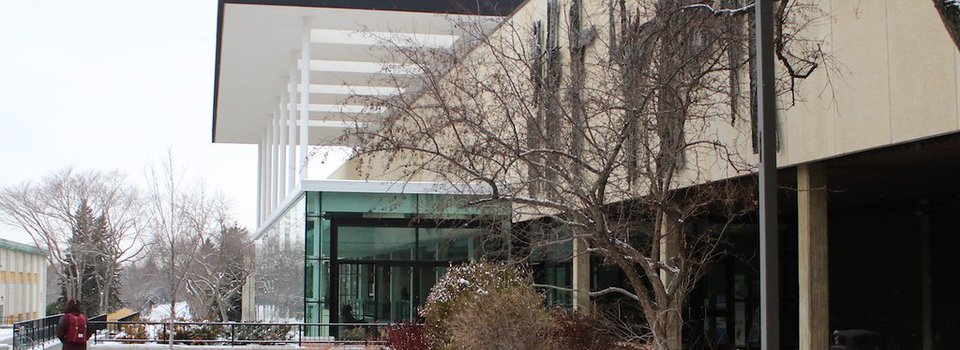We are writing to share our concerns and urgent requests about the current status of the University of Alberta Sexual Assault Centre (UASAC).
In mid-November, the University dismissed the UASAC Director, and the role of interim director fell on senior administration with other pressing responsibilities. Since then, not only has the UASAC been without full-time leadership, but the University has not yet posted the position. We urge the University to begin the hiring process for a UASAC Director before February 18, 2024, three months since the previous Director was dismissed.
Public concerns about UASAC staff capacity have escalated. The UASAC has been closed to walk-ins and only accessible by appointment since the first week of January. While 24-hour remote help lines have been provided, and walk-ins through Counseling and Clinical Services are still available, there is widespread concern about the availability of equitable and high-quality services for students in need, as well as important programming. A grassroots community petition (with almost 500 signatures at time of writing) requests an immediate return to regular UASAC operation, and time-sensitive sexual and gender-based violence (SGBV) prevention programming. The campus community deserves clarity about the UASAC's current level of staff capacity, and a commitment to fill any vacancies promptly. The hundreds of students and community members who have signed the petition deserve an answer.
The elimination of the UASAC's social media presence, coupled with the closure of the UASAC office except by appointment, have caused uncertainty and unease, and sharply impacted this crucial service's outreach to students. We remind decision-makers that students directly pay for over half of the UASAC's budget through a portion of the Student Health and Wellness Fee. Students deserve the core service availability that they pay for, and deserve to know whether these services have been made less available. We ask for an accounting of the actual number of clients supported in person in November, December, and January, both compared with previous months and year over year. As in-person visits are only one measure of service usage, we urge greater transparency on all other key metrics. We also require assurances that UASAC funds for staff and programming have not been reallocated elsewhere.
The Alberta Post-Secondary Student Sexual and Gender-Based Violence Survey's final report for the University of Alberta (October 2023) underscores the importance of rectifying this situation.
- 17% (7% of men, 21% of women, and 22% of gender-diverse students) had been sexually assaulted since becoming students.
- 85% strongly agreed that people who have experienced SGBV should be able to access support from the University.
- 28% somewhat or strongly disagreed that the University is doing all it can to protect students from SGBV. After eliminating 'don't know' and 'prefer not to say' responses, this rose to approximately 52%.
- In a SGBV context, 31% somewhat or strongly agreed that the University is more interested in protecting its reputation than safeguarding student well-being. After eliminating 'don't know' and 'prefer not to say,' this rose to approximately 47%.
University decision-makers must understand that if this survey were repeated today, the situation with the UASAC would impact several of these numbers in ways that reflect an avoidable loss of public trust.
We urge the University to prioritize the UASAC's full functionality, at the highest levels of quality, and clearly communicate it to the campus community. We are deeply concerned that closed doors and reduced services can discourage students from accessing crucial support. This ongoing situation and the silence around it require urgent and visible solutions. These solutions, or significant and transparent progress toward them, must be in place by the time students return from Reading Week.
Sincerely,
The UASU Executive Team


